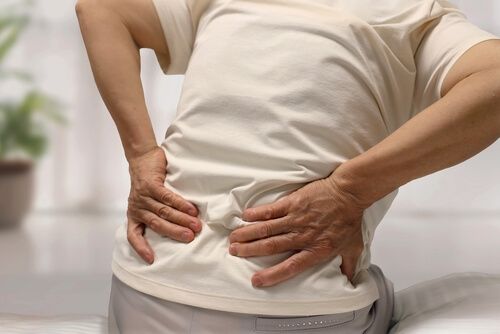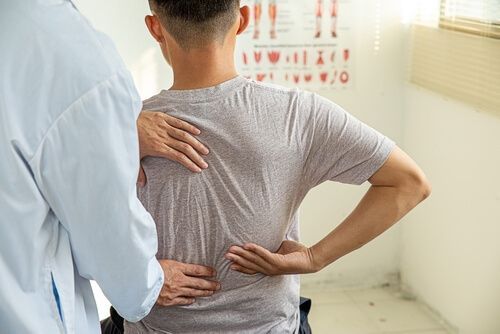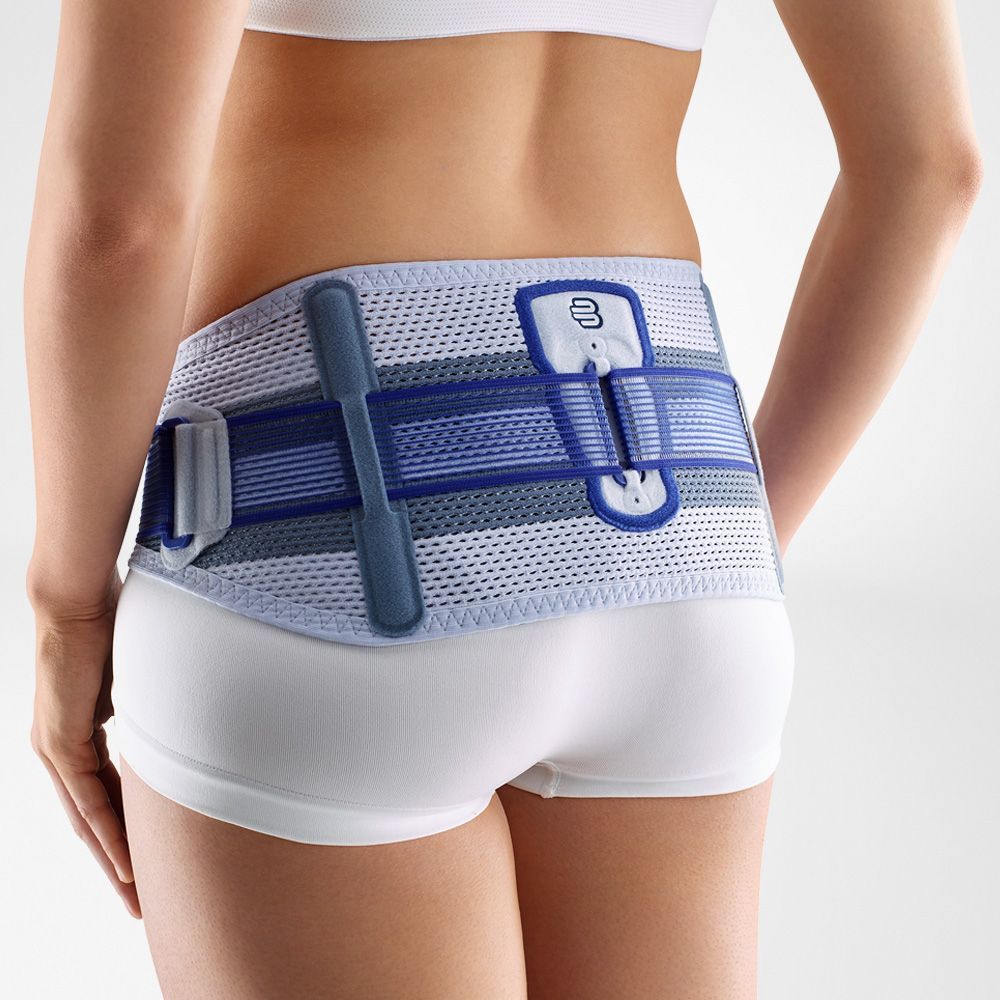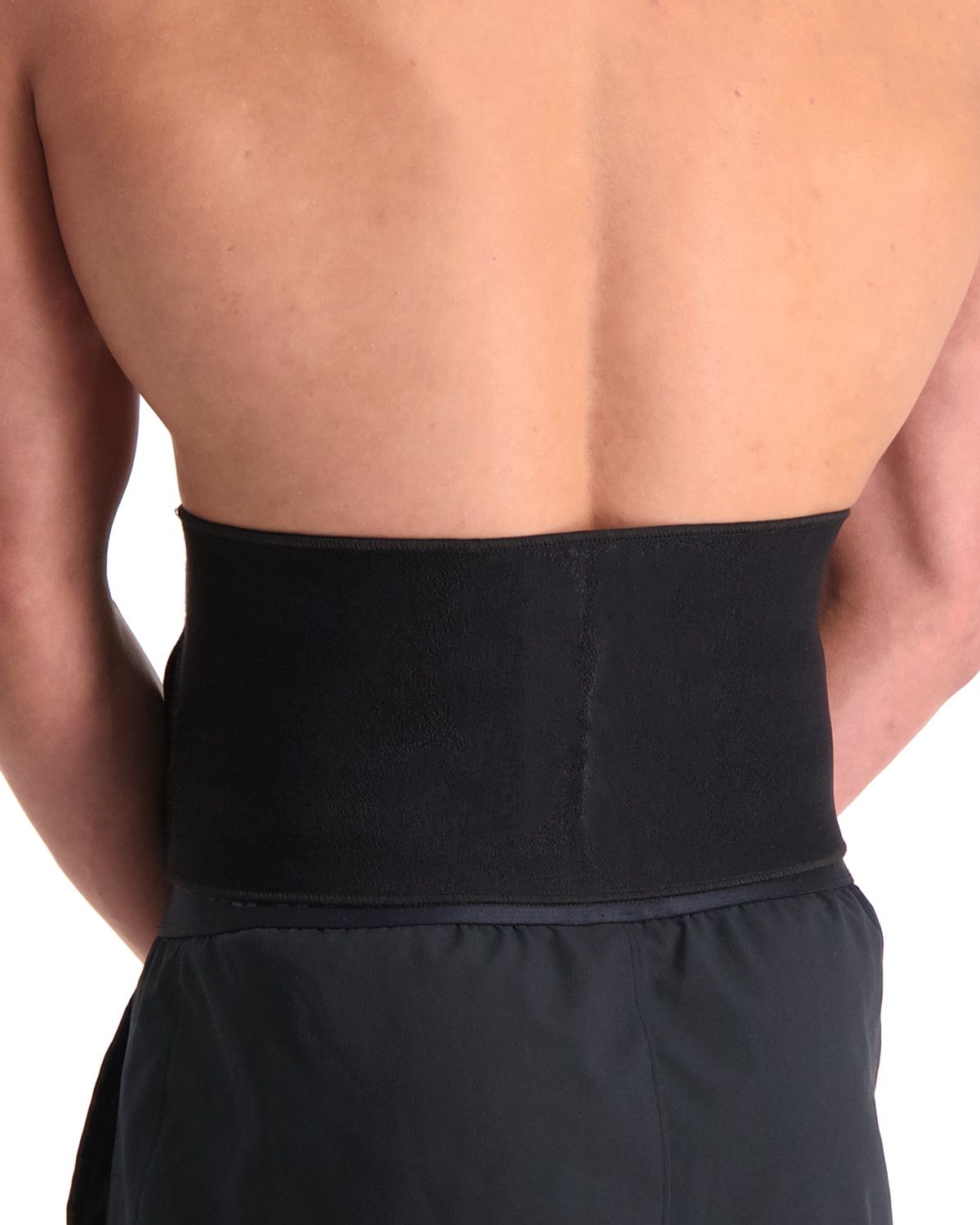Spinal Stenosis
Spinal stenosis is an unpleasant condition that causes pain in the lower back and legs. We are happy to provide you with additional information about the causes, symptoms, and treatment of this condition. Read on below.
What is a spinal stenosis?
Spinal stenosis is a narrowing of the spinal canal. This leads to compression of the nerves. The condition mainly affects older adults. It causes pain in the legs when walking or standing.

What causes it?
Ageing leads to wear and tear. Unfortunately, this cannot be prevented, and it progresses faster in some people than in others. Due to this degeneration, bone overgrowth occurs in the vertebrae, especially around the joints, which causes the spinal canal to narrow. This results in back pain. While the degeneration itself cannot be reversed, surgery may be an option if it begins to press on the nerves.
What are the symptoms?
Several symptoms may occur with spinal stenosis. You may experience one or more of the following:
- A numb, tingling, burning sensation or even loss of feeling in one or both legs
- Delayed reflexes, cramping or spasms in your leg muscles
- Painful and tired sensation in the legs when walking or standing
- Lower back pain and pain in the buttocks while standing or walking
These symptoms typically occur during or right after standing or walking. People with stenosis often walk in a bent-over posture. Squatting, bending, or sitting can relieve the symptoms because these positions widen the spinal canal. This is why people with spinal stenosis can often ride a bike, but have difficulty walking or standing.

How is spinal stenosis diagnosed?
Spinal stenosis can only be diagnosed through an MRI scan. This clearly shows whether spinal stenosis is present and how severe it is. The scan will show the shape of the spinal canal. In a healthy spine, the canal has a triangular shape. If stenosis is present, the canal takes on a T-shape.
What treatments are available?
There are several treatment options available to relieve the pain caused by spinal stenosis. Initially, you may begin with physical therapy and pain medication. In some cases, pain relief is administered through an injection in the back. After about three months, the pain should be significantly reduced. If this is not the case, surgery may be considered. There are various surgical options depending on the severity of the stenosis. One such option is a spondylosis, a procedure in which the vertebrae are fused. For optimal support, we recommend using a back brace. This provides complete protection and support.

Bauerfeind Sacroloc Back Support - Pelvic Belt

Super Ortho Ceramic Magnetic - Magnetic Back Support

Viofix Lower Back Support - Pelvic Belt

Dunimed Back Support (without Busks)

Gladiator Sports Back Support

- Physiotherapist
- Sports podiatrist
- Manual therapist
- Podopostural therapist
- Myofascial dry needling specialist


